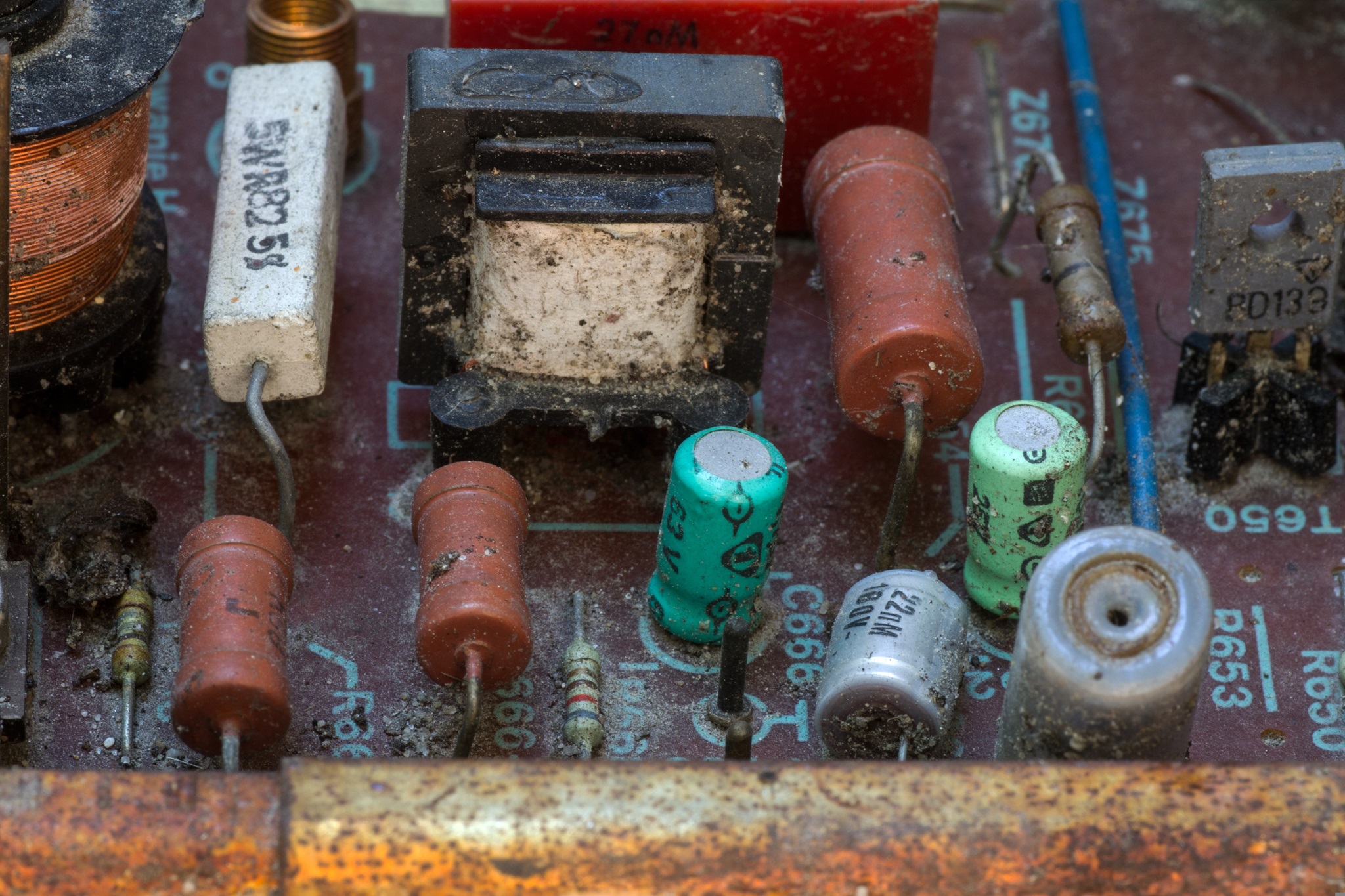Our Categories

1
%
Customer Satisfaction
Based on 750+ reviews of 6,154 Projects, and 2,194 Happy Clients who deeply trust us.
Household eWaste Collection
Industrial eWaste Collection
Bulk Trash Collection

Extended Producer Responsibility (EPR) is not just a concept; it's a paradigm shift in the way we perceive waste disposal. EPR places the responsibility on manufacturers to manage the entire lifecycle of their products, especially the post-consumer stage. This holistic approach ensures that electronic devices are recycled, reducing the environmental footprint.
E-Waste, or Electronic Waste, refers to discarded electrical and electronic equipment (EEE) that has reached the end of its useful life. This includes old computers, mobile phones, refrigerators, and TVs. E-Waste can be hazardous if not managed properly due to toxic materials like lead and mercury.
E-Waste typically contains a mix of valuable and hazardous components. It may contain metals like gold and copper, plastics, glass, and hazardous substances such as lead, mercury, and brominated flame retardants.
E-Waste, or Electronic Waste, refers to discarded electrical and electronic equipment (EEE) that has reached the end of its useful life. This includes old computers, mobile phones, refrigerators, and TVs. E-Waste can be hazardous if not managed properly due to toxic materials like lead and mercury.
E-Waste typically contains a mix of valuable and hazardous components. It may contain metals like gold and copper, plastics, glass, and hazardous substances such as lead, mercury, and brominated flame retardants.

Extended Producer Responsibility (EPR) is a key concept in E-Waste management, obliging producers to take responsibility for the environmentally sound disposal of the products they manufacture once they become E-Waste.
The environmental benefits of EPR Services are substantial. By promoting responsible waste management, EPR minimizes the harmful effects of E-waste on ecosystems. Recycling electronic components not only conserves valuable resources but also prevents the release of hazardous materials into the environment.
Placement Guidelines
The environmental benefits of EPR Services are substantial. By promoting responsible waste management, EPR minimizes the harmful effects of E-waste on ecosystems. Recycling electronic components not only conserves valuable resources but also prevents the release of hazardous materials into the environment.
Key Benifits
We’ve been helping cities, utilities, automakers, EVSE suppliers and commercial businesses take advantage of clean energy benefits that smart charging infrastructure affords. Our solutions deliver savings to drivers, businesses and grid operators.
Household eWaste Treatment
Household e-waste treatment refers to the management of electronic waste generated by individual households. Electronic waste, or e-waste, includes discarded or obsolete electronic devices and equipment, such as old computers, mobile phones, televisions, small appliances, and other household electronics.
Industrial eWaste Treatment
Industrial e-waste treatment refers to the processes and procedures used to manage electronic waste generated by industries and businesses. Electronic waste, or e-waste, includes discarded or obsolete electronic equipment, devices, and components.
eWaste segregation Facility
After magnetic separation, the remaining solid waste primarily consists of plastic and glass. To further purify the waste and separate different types of plastic, water is used in a subsequent separation step. Obvious contaminants are also hand-sorted during this process.

